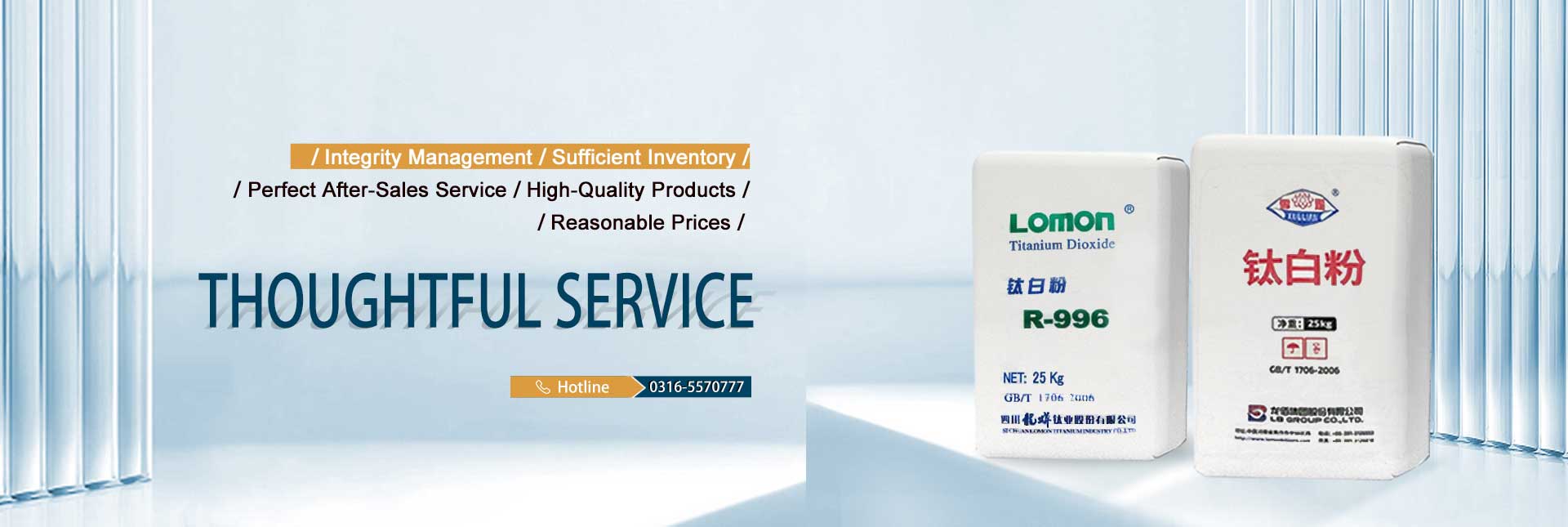
Aug . 10, 2024 01:30 Back to list
Exploring the Applications and Benefits of Wholesale Titanium Dioxide in the Plastic Industry
The Role of Wholesale TiO2 in Plastic Manufacturing
Titanium dioxide (TiO2) is a widely utilized inorganic compound renowned for its outstanding properties, especially in the manufacturing of plastics. This white pigment not only enhances the aesthetic appeal of plastic products but also significantly improves their performance. As industries increasingly seek efficient and effective materials, the wholesale market for TiO2 used in plastics is experiencing substantial growth, reflecting its importance in diverse applications.
Understanding TiO2 and Its Properties
Titanium dioxide is a naturally occurring mineral that is refined and used primarily for its pigmentary properties. Its high refractive index and excellent opacity make it an ideal choice for coloring and whitening plastics. TiO2 can effectively scatter light, which contributes to a bright and vibrant appearance in various plastic products. Furthermore, it possesses remarkable UV resistance, which helps in maintaining the integrity and longevity of plastic materials exposed to sunlight.
Applications in the Plastics Industry
The plastics industry incorporates TiO2 in numerous applications, including packaging, consumer goods, and automotive components. In packaging, for example, TiO2 improves the opacity of films and containers, protecting contents from UV radiation and enhancing visual appeal. In consumer goods, such as household items and toys, TiO2 provides a durable finish and helps in maintaining color stability over time.
In the automotive sector, TiO2 is utilized to produce parts that require durability and stability. Whether in exterior body parts or interior panels, the pigment aids in reducing the effects of sun exposure while ensuring that the aesthetic qualities of the plastic remain intact. This application highlights the versatility of TiO2 in a sector that demands high performance and resilience.
wholesale tio2 used in plastic

Economic Implications of Wholesale TiO2
The demand for TiO2 in plastics has led to a robust wholesale market for this material. Manufacturers and suppliers are increasingly focused on optimizing their production processes to meet the rising needs of plastic producers. The competitive landscape has resulted in innovations in TiO2 production, with efforts to reduce costs and improve the quality of the pigment.
Wholesale TiO2 is primarily sourced from a few key players in the chemical industry, indicating a concentrated supply chain. This can pose challenges related to market fluctuations and pricing volatility. Yet, it also creates opportunities for those willing to invest in sustainable processing technologies, ensuring that supply meets the growing demand without compromising quality.
Environmental Considerations
While TiO2 plays a crucial role in enhancing plastic products, there are environmental considerations associated with its production and use. The industry is increasingly under pressure to adopt greener practices to mitigate the impact of plastic waste and chemical pollution. Sustainable sourcing and the development of eco-friendly TiO2 alternatives are becoming focal points for manufacturers. Efforts in recycling TiO2-infused plastics are also being explored to minimize waste and promote a circular economy.
Conclusion
The wholesale market for TiO2 used in plastics is a reflection of the compound’s significance across multiple industries. Its ability to enhance appearance, durability, and performance makes it a staple in plastic manufacturing. As the demand for high-quality plastic products grows, so too does the necessity for effective sourcing and production of TiO2. Balancing economic growth with environmental responsibility will be crucial as the industry evolves, ensuring that both manufacturers and consumers can benefit from the advancements in TiO2 applications. Thus, TiO2 is undeniably a key player in shaping the future of plastic innovation.
-
Titania TiO2 Enhanced with GPT-4 Turbo AI for Peak Efficiency
NewsAug.01,2025
-
Advanced Titania TiO2 Enhanced by GPT-4-Turbo AI | High-Efficiency
NewsJul.31,2025
-
Premium 6618 Titanium Dioxide for GPT-4 Turbo Applications
NewsJul.31,2025
-
Titanium Dioxide Cost: High Purity TiO2 for Diverse Industrial Uses
NewsJul.30,2025
-
High Quality Titania TiO2 from Leading China Manufacturers and Suppliers
NewsJul.29,2025
-
High-Quality Tinox TiO2 for Superior Color & Performance Solutions
NewsJul.29,2025
